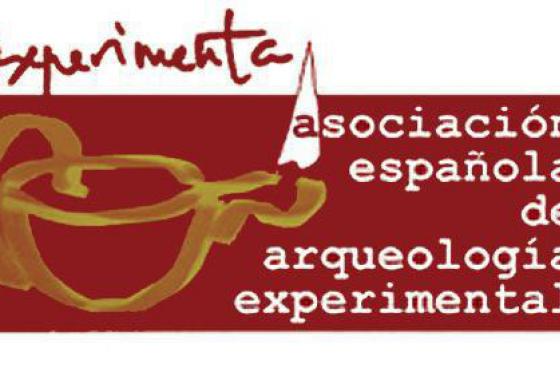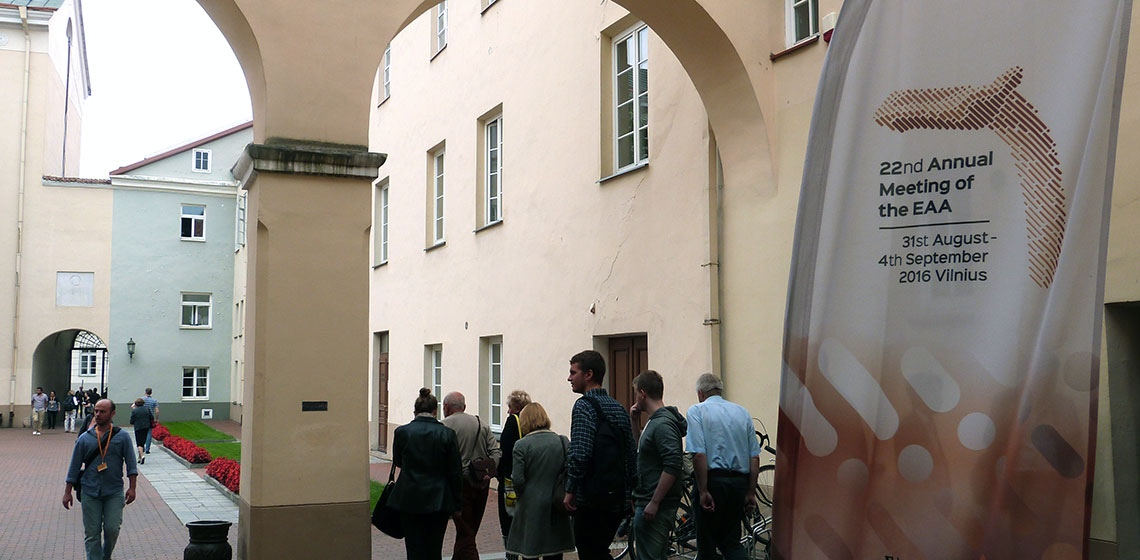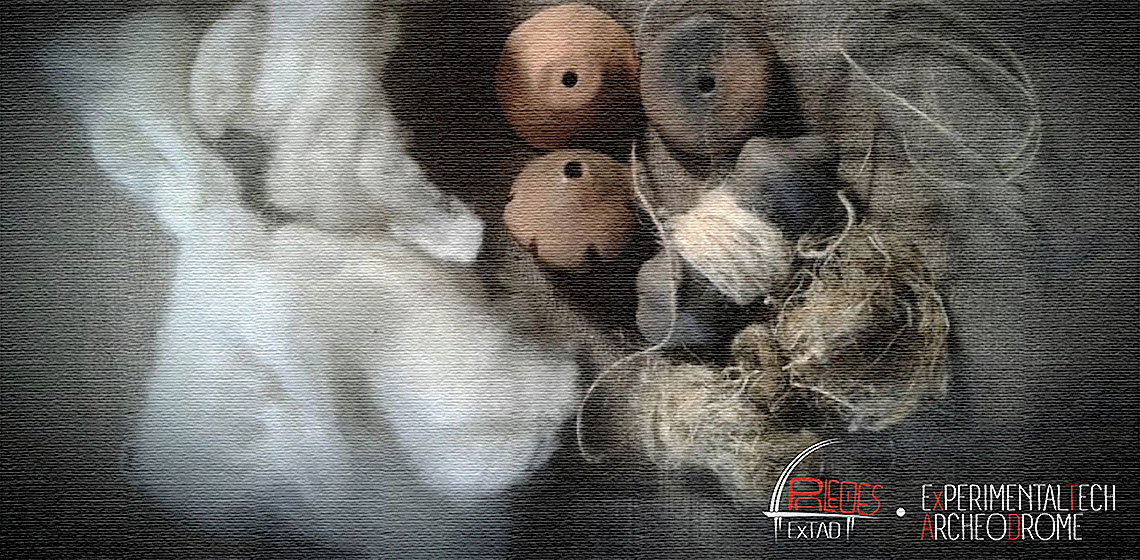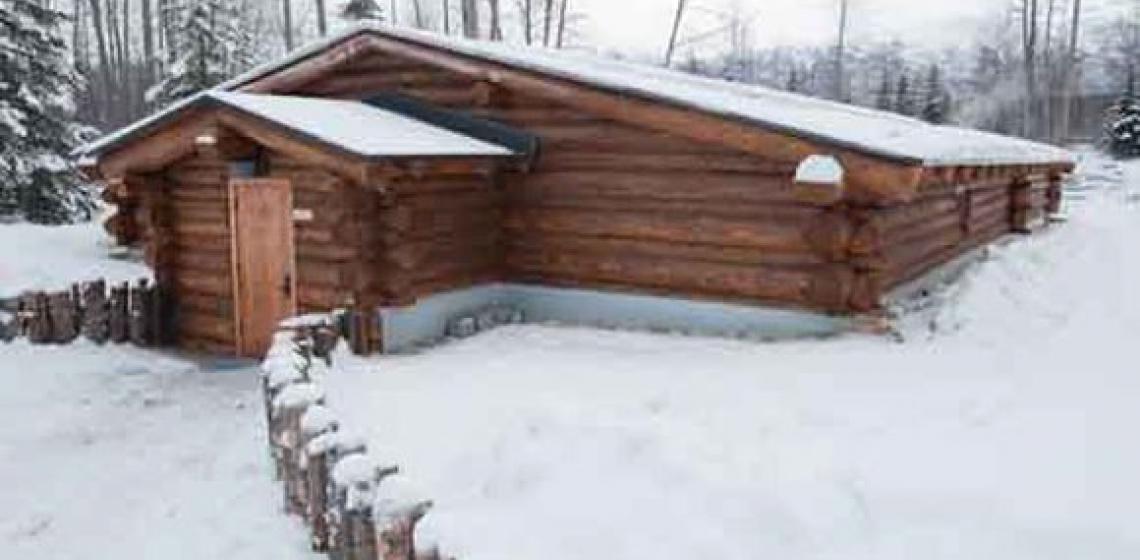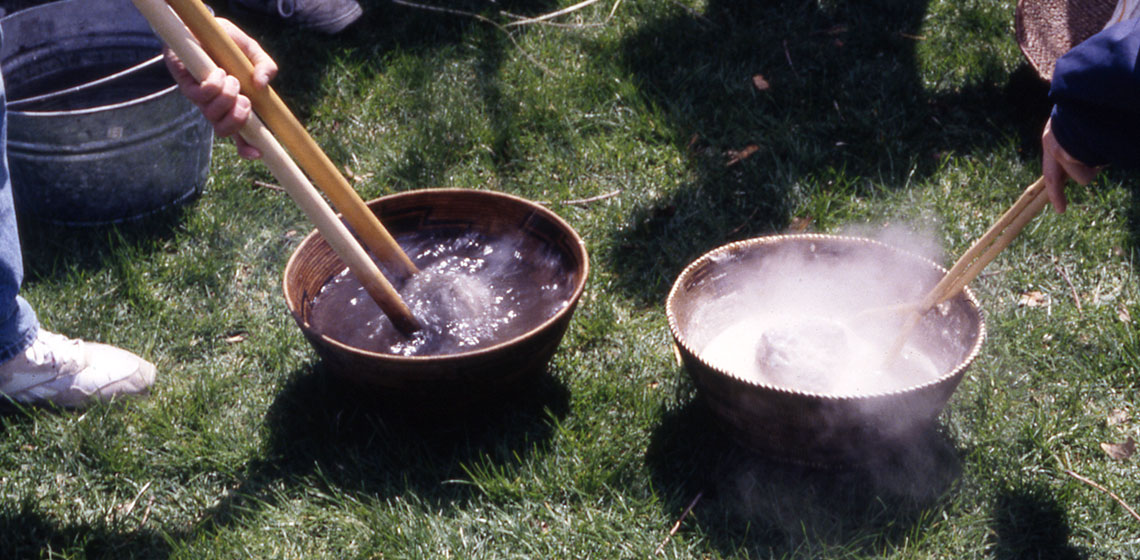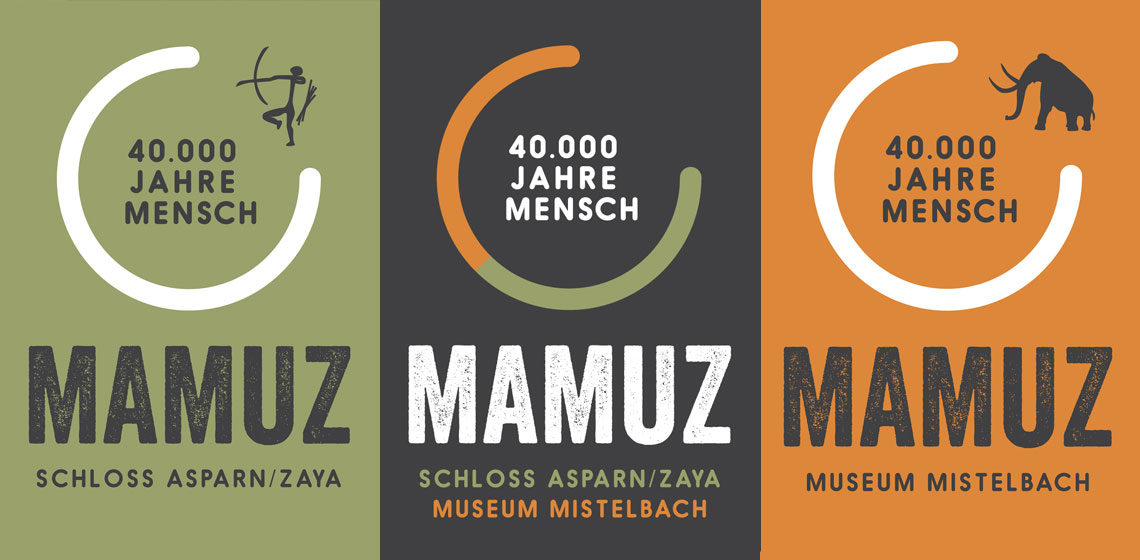V Congreso Internacional de Arqueologia Experimental
We are delighted to announce that the Institut Català de Paleocologia Humana i Evolució Social (IPHES), the Institut Català d’Arqueologia Clàssica (ICAC), the Institut Català de Recerca en Patrimoni Cultural (ICRPC) and the EXPERIMENTA Association will organize the V International Congress of Experimental Archaeology in Tarragona on 25, 26 and 27 October 2017.
